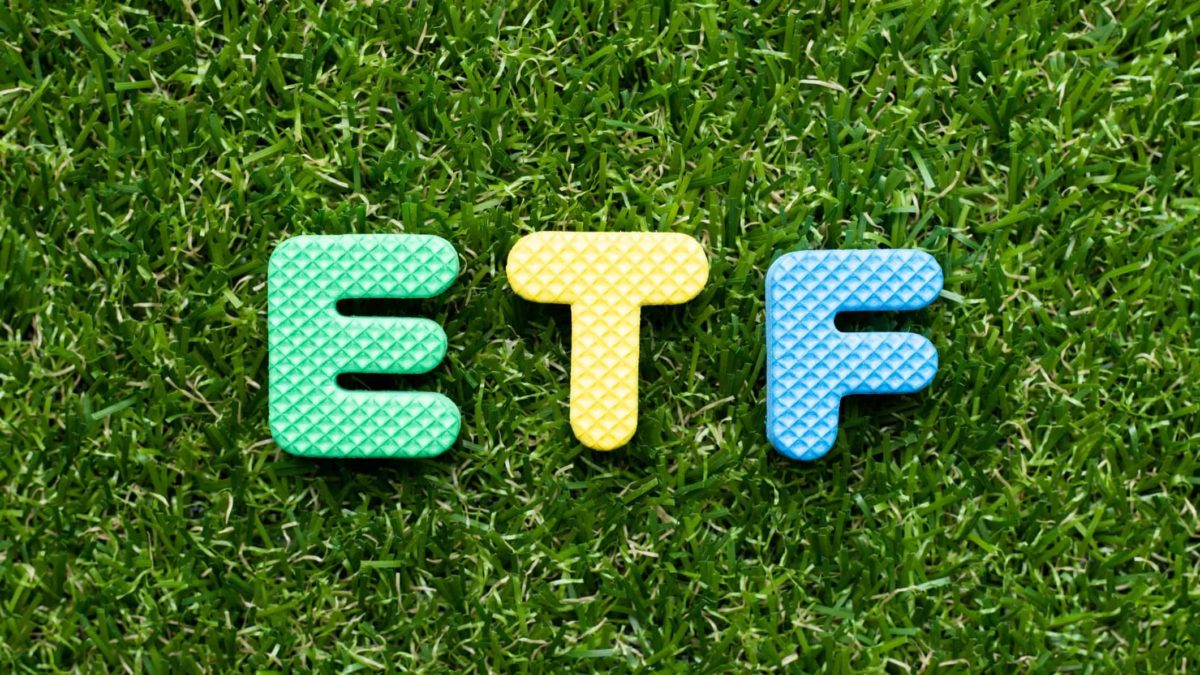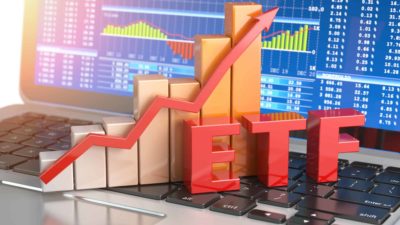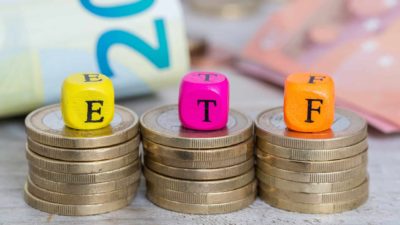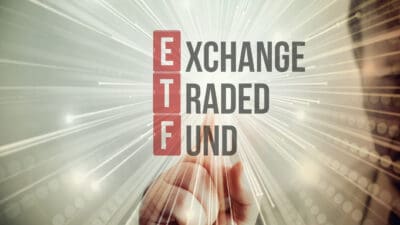The great investor Warren Buffett — chair and CEO of Berkshire Hathaway Inc. (NYSE: BRK.A)(NYSE: BRK.B) — has been in the news a lot this week. That's because Buffett hosted Berkshire's annual shareholder meeting over the weekend, a much-loved event in the investing community. So much so that it's been dubbed the 'Woodstock for capitalists'.
Now, most of us would love to invest the way Warren Buffett does. According to Berkshire's latest annual letter, Buffett has managed to steer Berkshire to average gains of 20% per annum since 1965 after all.
Unfortunately, Buffett is an extraordinarily gifted investor, and many have tried and failed to follow in his footsteps. Fortunately, though, there is an ASX exchange-traded fund (ETF) that employs a 'Buffett method' in picking shares. And it's pretty good at it too.
One of Buffett's favourite attributes that a company can have is what he calls a 'moat', or an intrinsic competitive advantage. A moat is a protective barrier to entry that a company can create around itself. This can be in the form of being the lowest-cost producer of a good or service. Or else a networking effect that lures more customers in, or just a strong brand name. Or a combination of the above and more.
Buffett loves a MOAT
Buffett talked about some of Berkshire's largest companies over the weekend, including Apple Inc (NASDAQ: AAPL) and Coca-Cola Co (NYSE: KO). Both of these companies have incredible dominance in their respective industries. No one can deny the power of Apple's brand, and the 'ecosystem' that Apple products collectively weave together around their owners. Coca-Cola's own brand is so strong that it can charge more than any of its competitors, whilst still being the highest selling cola in the world.
That's probably why the VanEck Vectors Morningstar Wide Moat ETF AUD (ASX: MOAT) holds both Berkshire Hathaway and Coca Cola shares at the present time. That's alongside 47 other 'wide-moat' companies that display similar characteristics. This reflects an index put together by Morningstar. This index comprises US companies that are believed to display characteristics of a wide moat. Some other examples include Amazon.com, Inc. (NASDAQ: AMZN), salesforce.com, Inc. (NYSE: CRM) and McDonald's Corp (NYSE: MCD).
That's all fine to say that this ETF tries to invest the way Buffett does. But what do its hard numbers tell us? Well, that it is doing a pretty good job. Over the past 5 years, the MOAT ETF has returned an average of 19.34% per annum. Since its ASX listing in 2015, it's returned an average of 20.25% per annum. Incidentally, that's a higher rate of return than what Berkshire investors themselves have enjoyed over the same periods.
MAOT charges an annual fee of 0.49% per annum.









